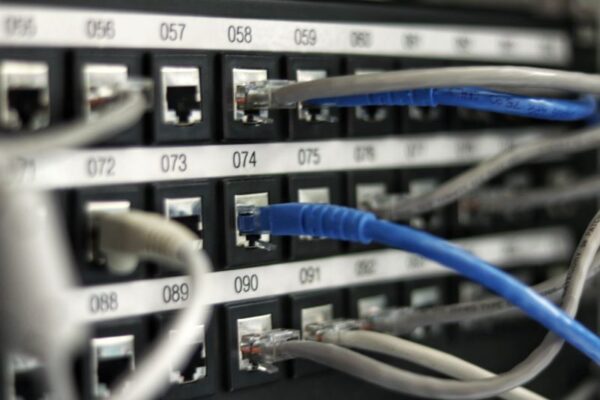We live in a wireless world where most people embrace the convenience of Wi-Fi connection at home and in the workplace. Wi-Fi offers the ease and flexibility to download, stream or browse as long as the user is within the range of an access point. With these benefits, it can be challenging for a typical user to figure out why someone would opt to use Ethernet instead.
Despite the convenience and flexibility of Wi-Fi, several wireless downsides make wired connection a superior option. Let’s take a look at why you would choose Ethernet over Wi-Fi.
Security
One of the most notable concerns of internet users across the world is security. Despite developing security protocols like firewalls and encryption, Wi-Fi remains more susceptible to data breaches. For example, if you’re using public Wi-Fi, a hacker can download a network analyzer and combine it with the right software and hardware to access your device.
Once you configure your wired connections with necessary security applications and firewalls, you can safely browse without worrying about data breaches. Ethernet makes it difficult for hackers and other malicious parties to access your data. Criminals who’d like to steal critical information are more likely to use wireless connections than break into your property to access your computers.
Speed
Although a wireless network can hit lightning speeds, Ethernet is much faster. The speed of your Ethernet depends on the quality of your cable. For example, a cat7 Ethernet cable can achieve up to 10GbPs, while a wireless network transmits up to 6.9 Gbps or less.
Where you have a lot of workers relying on the same network, maintaining a fast connection is essential. An Ethernet connection will enhance communication and make it easier to transfer larger files, thus boosting productivity within your organization.
Interferences
With a wireless network, your connection is subject to more interferences than Ethernet. Some of the interferences that can limit the reliability of wireless connection include:
- Your property’s layout
- Physical barriers
- Wireless devices
- Frequency interference
- Competing Wi-Fi networks
As a result of the interference, some of the issues you’ll notice include lower speeds, high latency, and dropping signals. You’ll hardly experience these challenges with a wired network unless when the power goes off.
Latency
Latency is the delay experienced when data is transferred from a source to another. Latency and raw bandwidth are some of the factors affecting the speed of your connection. Wi-Fi connections are more susceptible to interruptions since they connect to you via airwaves. This means that your connection will have high latency.
If you’re experiencing latency problems while playing your favorite online game, you need to consider investing in an Ethernet connection. Although issues with your gaming server and operating system can also cause delays, improving your internet connection with Ethernet will go a long way.
Final Thoughts
A wired network provides reliable, fast, and secure connections. You only need to slot the Ethernet cable on your device and enjoy stable internet connections. Consider investing in wired connections, mainly if you’re using devices like laptops and desktops.
Call us at, (717) 264-2434, to speak with one of our team members who are eager to help.

